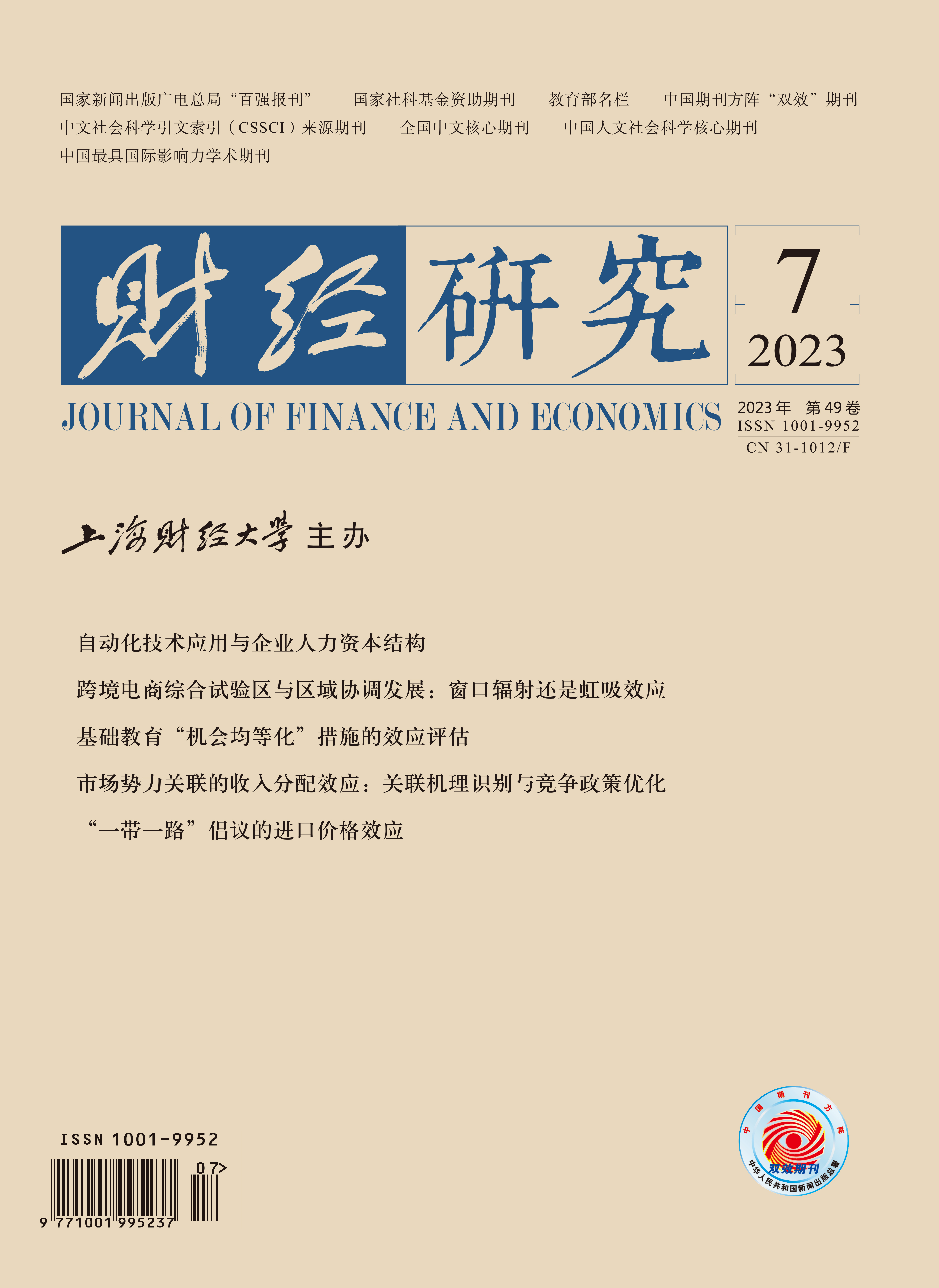As an important part of the “going out” strategy, Chinese aid not only benefits the social development of recipient countries, but also enhances China’s international influence. This paper uses the data of 111 developing countries receiving Chinese aid and the voting records of countries in the United Nations General Assembly (UNGA) from 2000 to 2014 to assess the effect of Chinese foreign aid on China’s international influence.
By using the instrumental variables constructed by the increase of steel production and the probability of receiving Chinese aid due to the economic rise of China, the empirical analysis finds that: First, Chinese aid has significantly increased the proportion of recipient countries voting in accordance with China’s resolutions in UNGA. Second, official development aid projects are the main reasons for the benchmark results of this paper. It is worth mentioning that in resolutions on human rights voted by China and the United States in the opposite direction, Chinese aid has played a more significant role in enhancing China’s international influence. Third, in terms of the mechanism, contrary to the Western media’s “smear” of Chinese foreign aid, Chinese aid has promoted the industrial development of recipient countries, increased employment, and promoted the stable development of the society; meanwhile, Chinese aid has promoted the spread of China’s “clean government” culture, improved the status quo of government corruption in recipient countries, and ultimately prompted the residents of recipient countries to evaluate China more positively.
To sum up, this paper is of great significance to the construction of the theoretical system of foreign aid with Chinese characteristics and the establishment of a positive image of Chinese foreign aid.





 6940
6940  9318
9318

